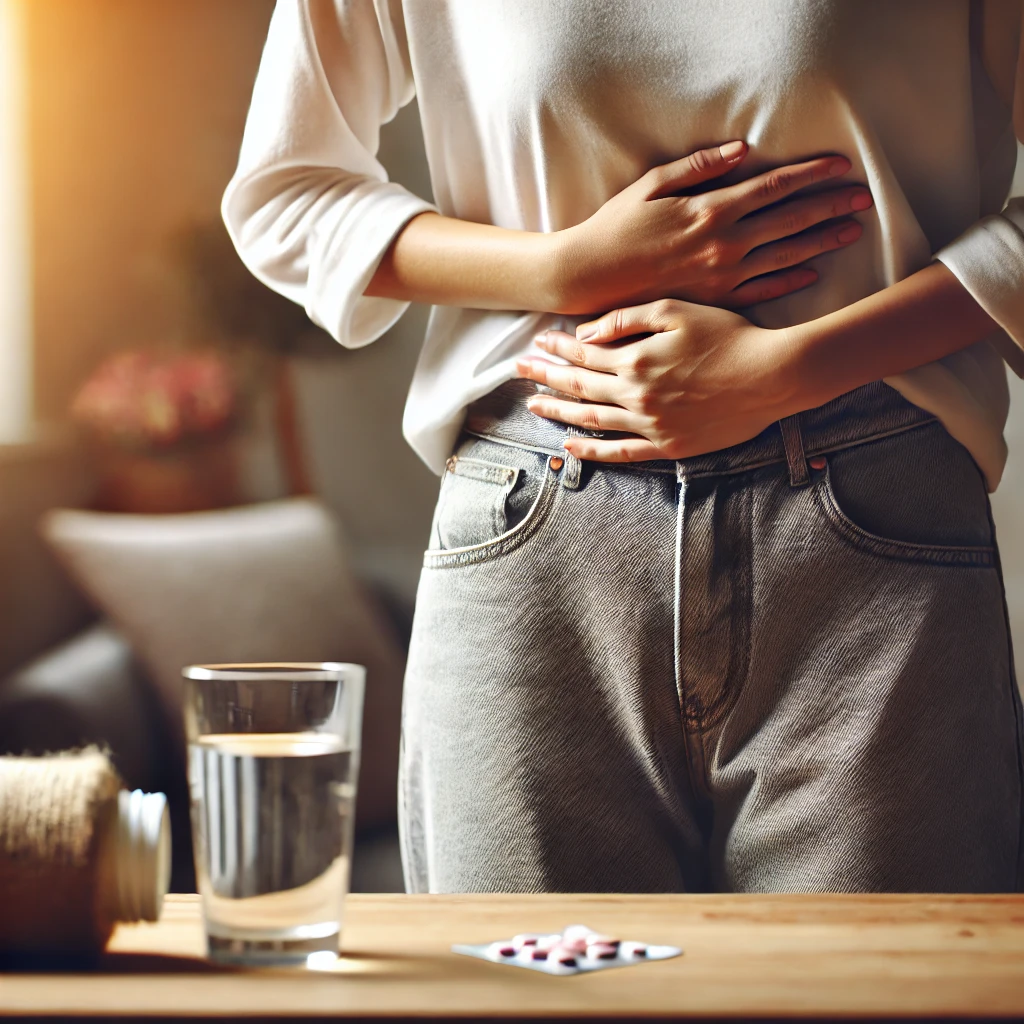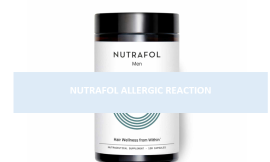Nutrafol, a dietary supplement marketed for promoting hair growth and overall hair health, has gained significant attention in recent years. While many users report positive results, others have experienced gastrointestinal (GI) side effects, including stomach cramps, nausea, diarrhea, and abdominal pain. This article compiles user experiences and expert insights to explore whether Nutrafol might be causing these issues and provides suggestions for alternatives and proper usage.
User Experiences with Stomach Issues
Numerous individuals have shared personal accounts of experiencing stomach-related side effects after taking Nutrafol. Some of the most frequently reported symptoms include:
- Stomach cramps: Users describe cramping similar to period pains but occurring in the stomach, often severe enough to disrupt sleep or daily activities.
- Nausea: Many reported feeling nauseous, especially when taking the supplement on an empty stomach.
- Diarrhea: Diarrhea and loose stools have been common among those who experience adverse effects.
- Trapped gas and bloating: Some individuals noted discomfort from trapped gas and bloating, often accompanied by tenderness in the abdomen.
What Triggers Stomach Cramps When Taking Nutrafol?
Several users identified potential triggers or patterns that exacerbated their symptoms:
- Taking on an empty stomach: The majority reported that consuming Nutrafol without food significantly worsened nausea and cramping.
- Dosage size: Starting with the full recommended dose of four capsules per day often led to more intense symptoms. Gradually increasing the dose seemed to help some users.
- Timing of intake: Some noticed worsening symptoms at specific times, such as in the middle of the night or shortly after meals.
Potential Culprits in Nutrafol’s Formula
Nutrafol contains a blend of vitamins, minerals, and plant-based ingredients. While these are generally considered safe, certain components may contribute to GI distress:
- Vitamin D: High doses of vitamin D can cause stomach pain and nausea in sensitive individuals.
- Fat-soluble ingredients: Compounds like Vitamin E (Tocotrienol complex) and curcumin require fat for proper absorption. Taking these without food can irritate the stomach lining.
- Ashwagandha: This adaptogenic herb, while beneficial for stress reduction, has been linked to GI upset in some people.
- Biotin: Excessive amounts of biotin can sometimes cause nausea or digestive discomfort.
How to Manage Stomach Cramps When Taking Nutrafol
If you’re experiencing stomach cramps or other GI symptoms from Nutrafol, consider the following steps:
- Take with Food: Always consume Nutrafol with a substantial meal to reduce irritation. Including healthy fats can aid the absorption of fat-soluble ingredients.
- Start Slowly: Begin with one capsule daily and gradually increase the dosage over several weeks, allowing your body to adjust.
- Spread the Doses: Instead of taking all four capsules at once, distribute them throughout the day.
- Consult a Healthcare Provider: If symptoms persist, consult a doctor to rule out other underlying conditions or interactions with other medications or supplements.
Any Better Alternatives to Nutrafol?
For those who find Nutrafol intolerable due to stomach issues, alternatives such as Folexin may offer a viable solution. Folexin is another popular supplement for hair health, containing biotin, folic acid, and other nutrients to support hair growth. While Folexin also lists stomach upset as a potential side effect, it appears to be less commonly reported compared to Nutrafol.
To minimize side effects when taking Folexin:
- Follow similar precautions as with Nutrafol, such as taking it with food.
- Start with a lower dose and gradually increase if tolerated.
- Check with your healthcare provider before use, especially if you have known sensitivities or medical conditions.
Final Verdict
Nutrafol’s effectiveness for hair growth comes with potential downsides for those prone to GI sensitivities. By modifying the way you take the supplement, such as ensuring proper meal timing and starting with a lower dose, many users have successfully mitigated side effects. However, for some individuals, the discomfort may outweigh the benefits, making alternatives like Folexin worth considering.
If you’re experiencing persistent or severe symptoms, it’s crucial to stop the supplement and seek medical advice. Remember, each person’s tolerance and response to supplements are unique, and finding the right product may require some trial and error.


